You cannot tear up ancient rootages and safely plant the tree of liberty in soil that is not native to it
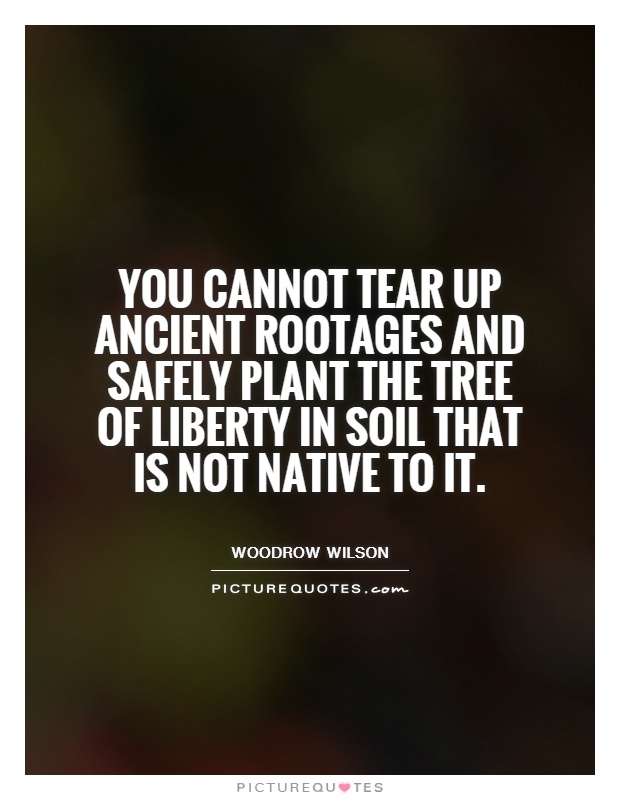
You cannot tear up ancient rootages and safely plant the tree of liberty in soil that is not native to it
Woodrow Wilson, the 28th President of the United States, was a man who understood the importance of history and tradition in shaping the present and future. His quote, “You cannot tear up ancient rootages and safely plant the tree of liberty in soil that is not native to it,” reflects his belief in the necessity of respecting and preserving the foundations upon which a society is built.Wilson was a scholar of history and political science, and he recognized that the institutions and values of a society are deeply rooted in its past. He understood that attempting to uproot these traditions and replace them with something new and unfamiliar could have dangerous consequences. Just as a tree cannot thrive if its roots are torn up and replanted in foreign soil, so too a society cannot flourish if its foundational principles are disregarded or discarded.
Wilson’s quote can be seen as a warning against radical or abrupt changes that seek to upend the established order without regard for the consequences. He believed that progress and reform should be pursued with caution and respect for the past, rather than through reckless disregard for tradition.
In the context of Wilson’s presidency, this quote can be interpreted as a reflection of his approach to governance. Wilson was a progressive leader who sought to bring about social and political change through a series of reforms known as the New Freedom. However, he also believed in the importance of preserving the core principles of American democracy and ensuring that any changes made were in keeping with the country’s founding ideals.
Wilson’s quote can also be applied to the broader context of international relations. As a proponent of self-determination and democracy, Wilson believed that nations should be free to govern themselves according to their own traditions and values. He understood that imposing foreign ideologies or systems of government on other countries could lead to instability and conflict.
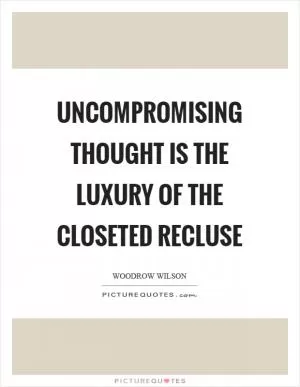
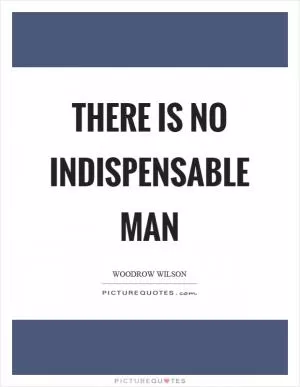
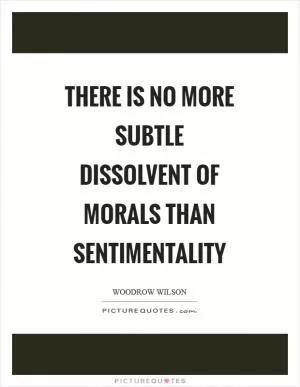
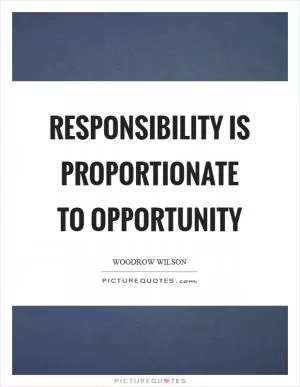

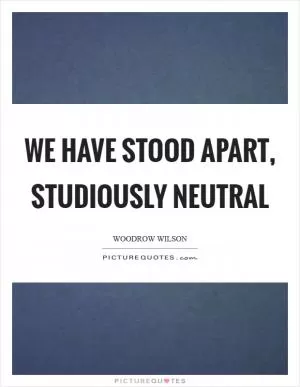

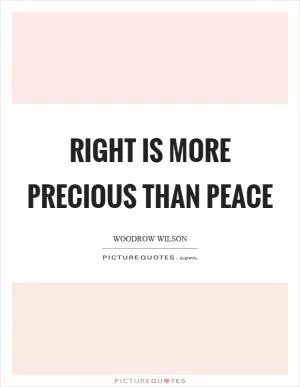
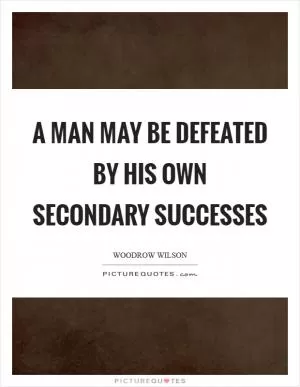



 Friendship Quotes
Friendship Quotes Love Quotes
Love Quotes Life Quotes
Life Quotes Funny Quotes
Funny Quotes Motivational Quotes
Motivational Quotes Inspirational Quotes
Inspirational Quotes